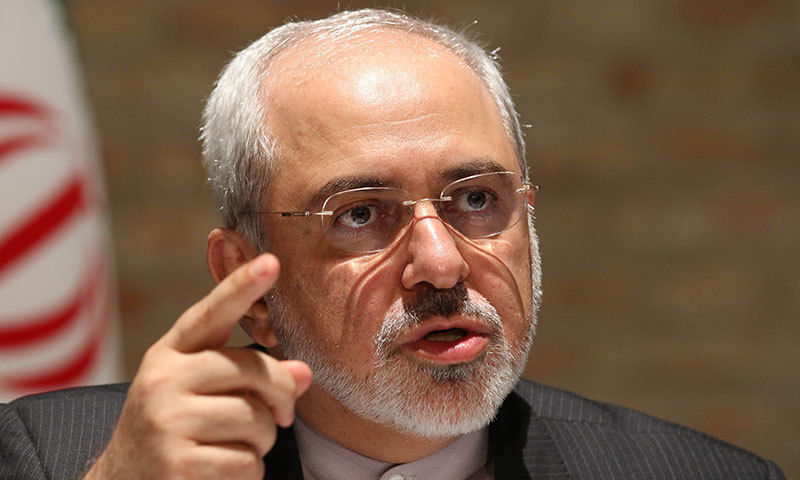On January 16, Iran and the P5+1 group of countries — the United States, Britain, France, Russia, China and Germany –started implementing the Joint Comprehensive Plan of Action (JCPOA), which they reached on July 14, 2015. Under the nuclear agreement, Iran agreed to limit its nuclear program and provide enhanced access to international atomic monitors in return for the termination of all nuclear-related sanctions against the Islamic Republic.
“The JCPOA’s implementation has been successful in various areas, but there are some shortcomings in relation to the US commitments… We expect that — with pressure made by us and our European partners — their commitments would not only remain on paper,” Zarif said during a meeting with members of the parliament’s National Security and Foreign Policy Committee on Tuesday.
He stressed that Tehran expects the US to honor its commitments and proceed with the plan more actively.
Zarif went on to note that thanks to the removal of sanctions on Iran’s international trade transactions, the country’s oil exports have returned to pre-sanctions levels.
The nuclear talks had been going on for some 12 years before the JCPOA was struck. Iran’s original negotiating partners at the time the talks first started were the UK, France, and Germany, a group known back in 2003 as the E3.
The talks gained greater momentum under the administration of Iranian President Hassan Rouhani, who tasked the Foreign Ministry — under Zarif’s watch — with handling the talks soon after assuming office in 2013.
